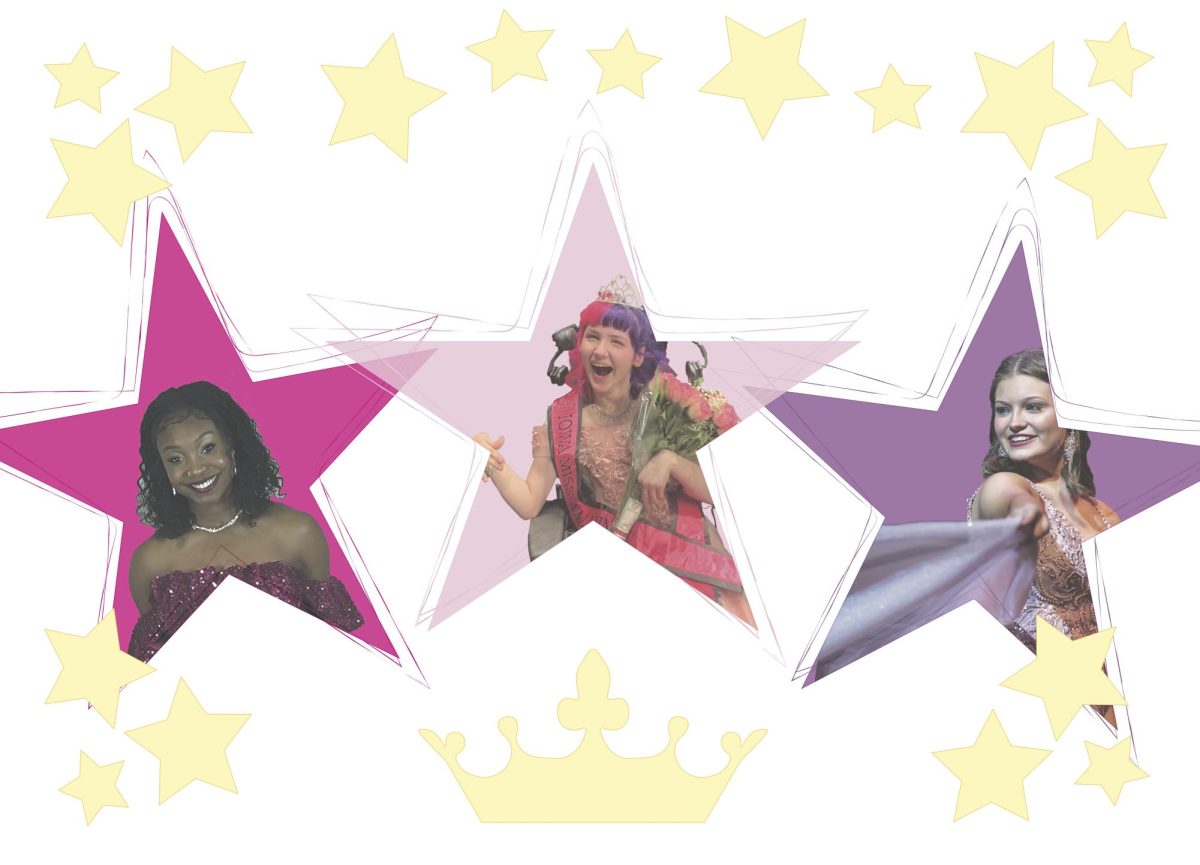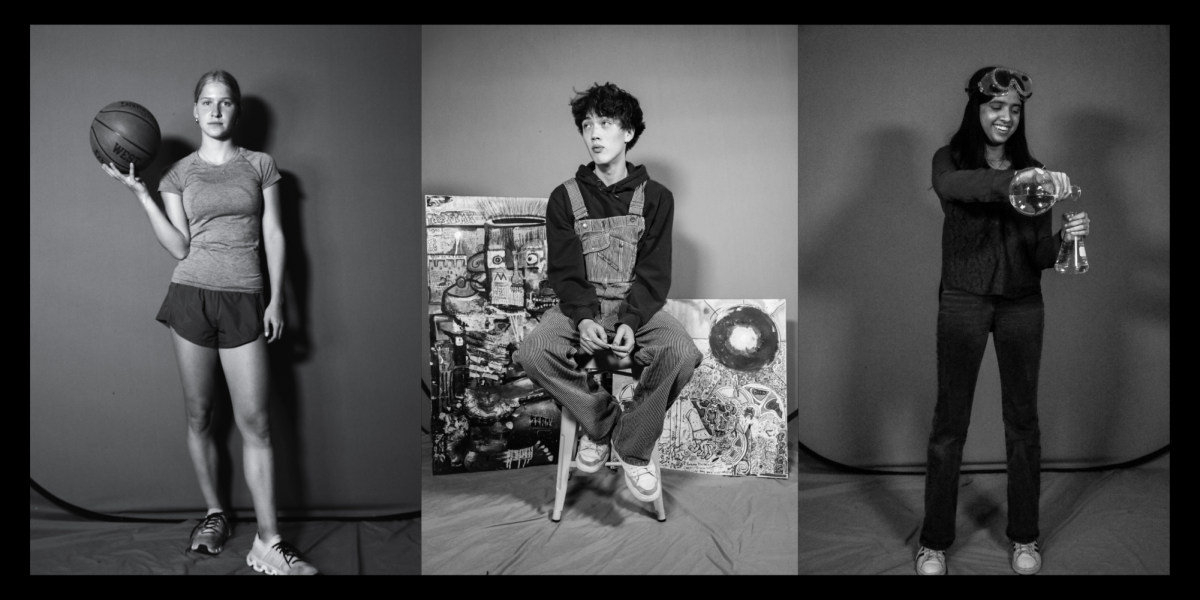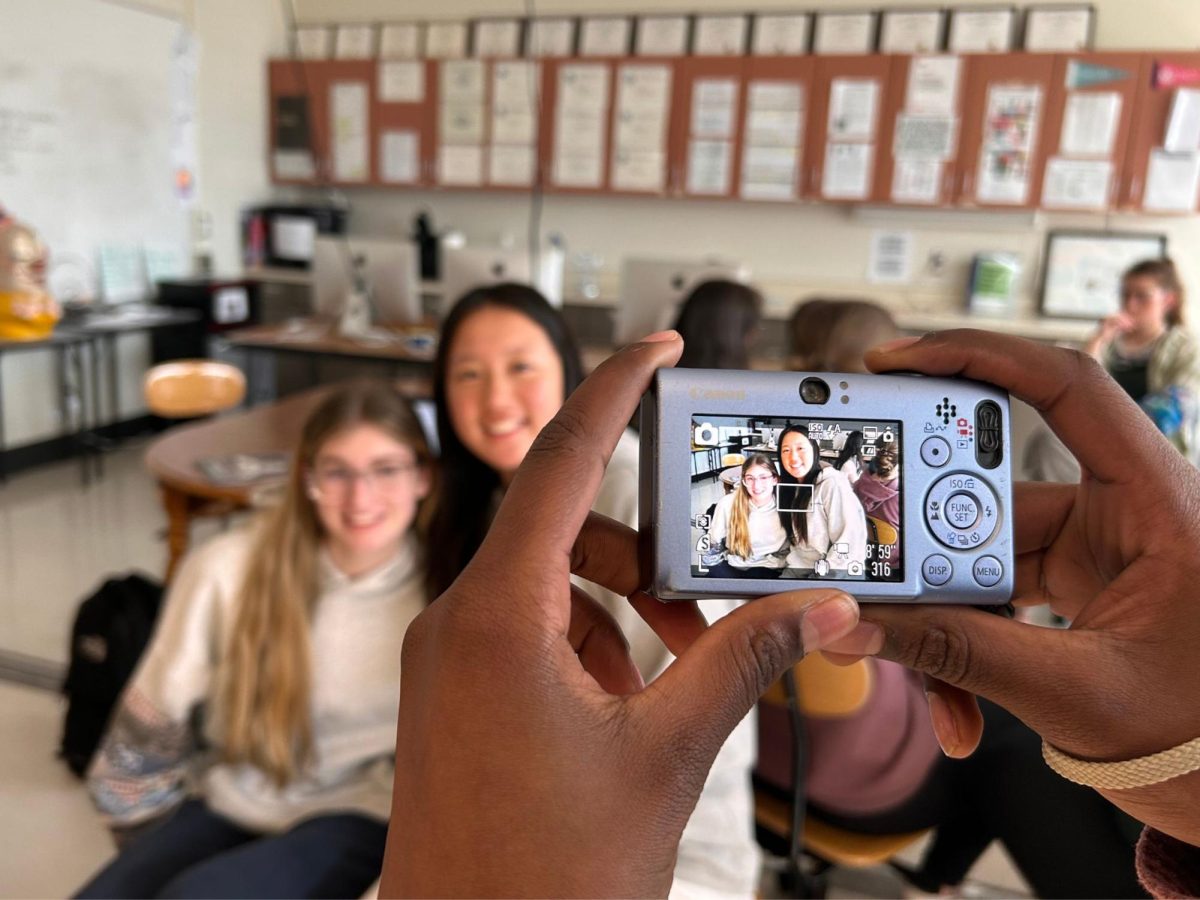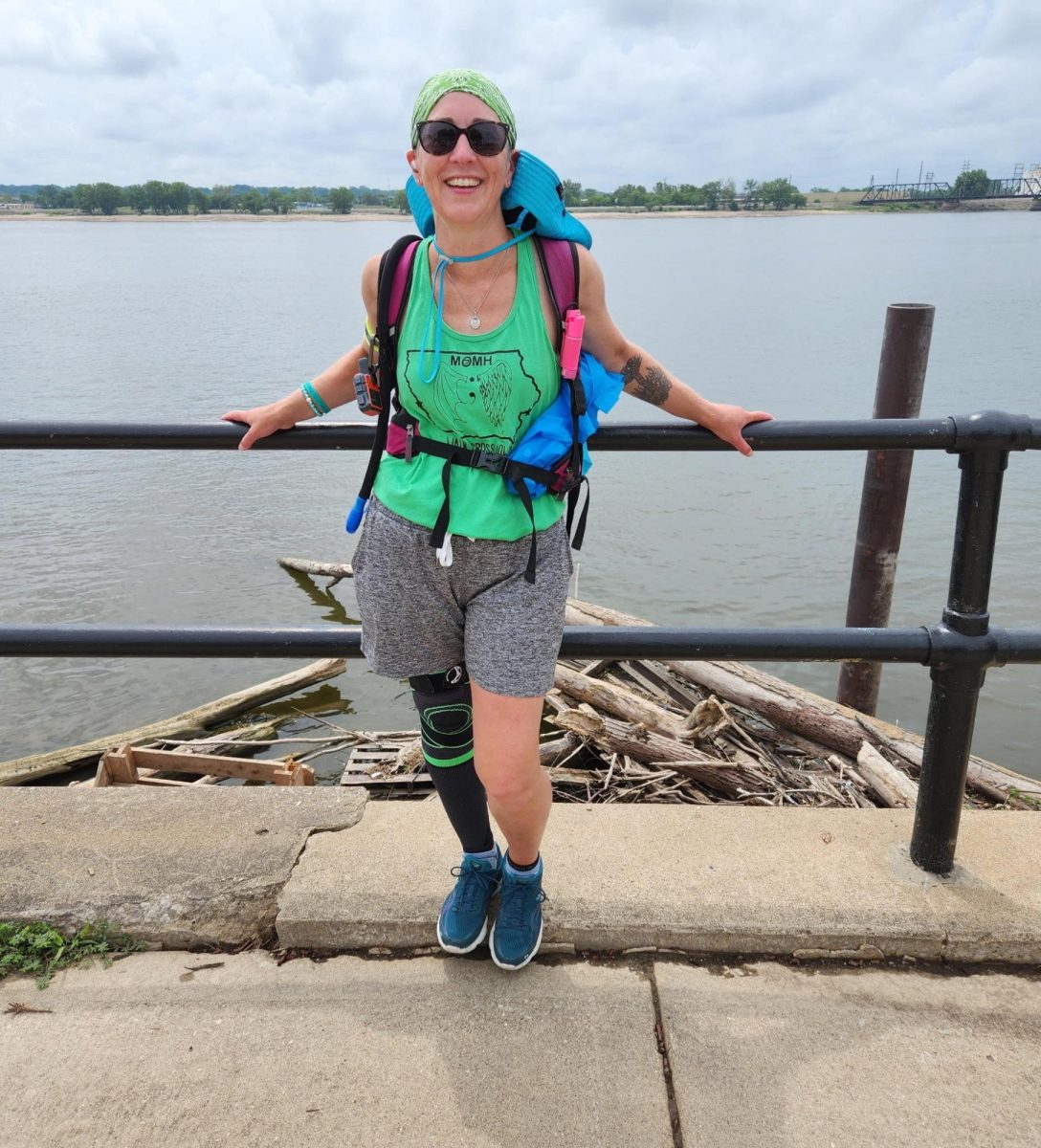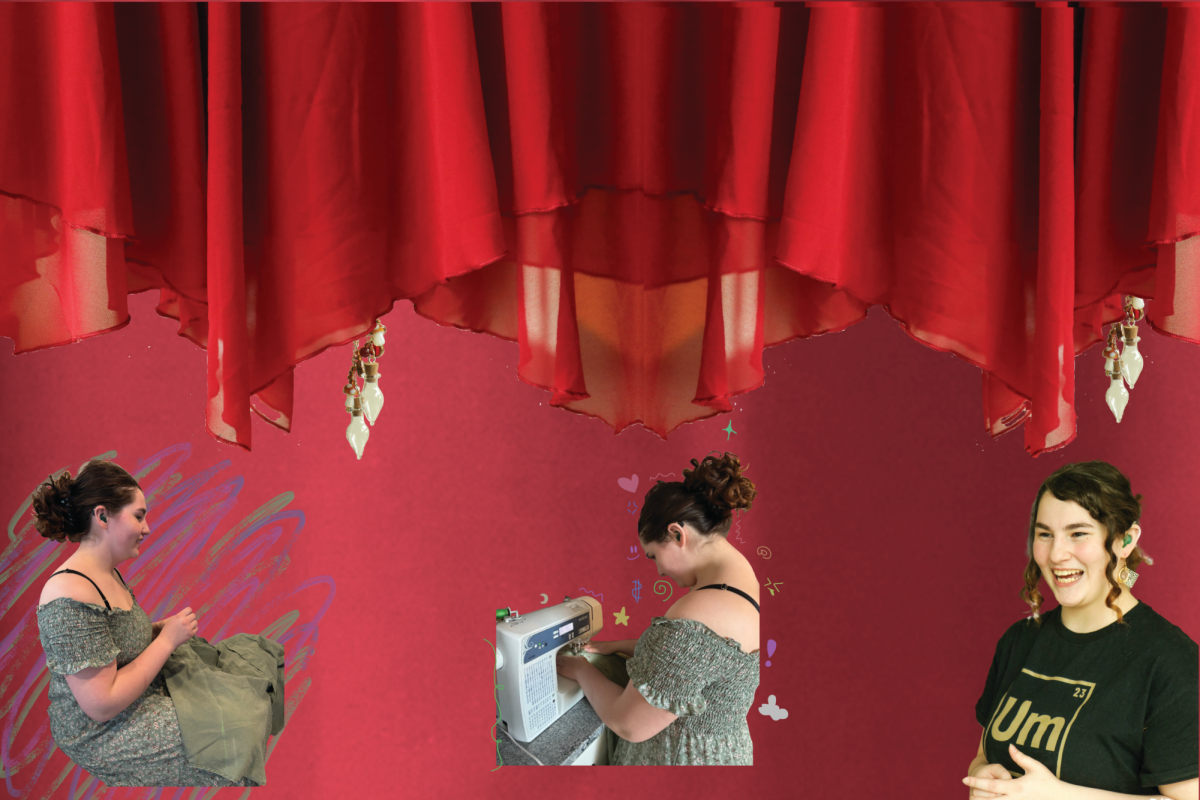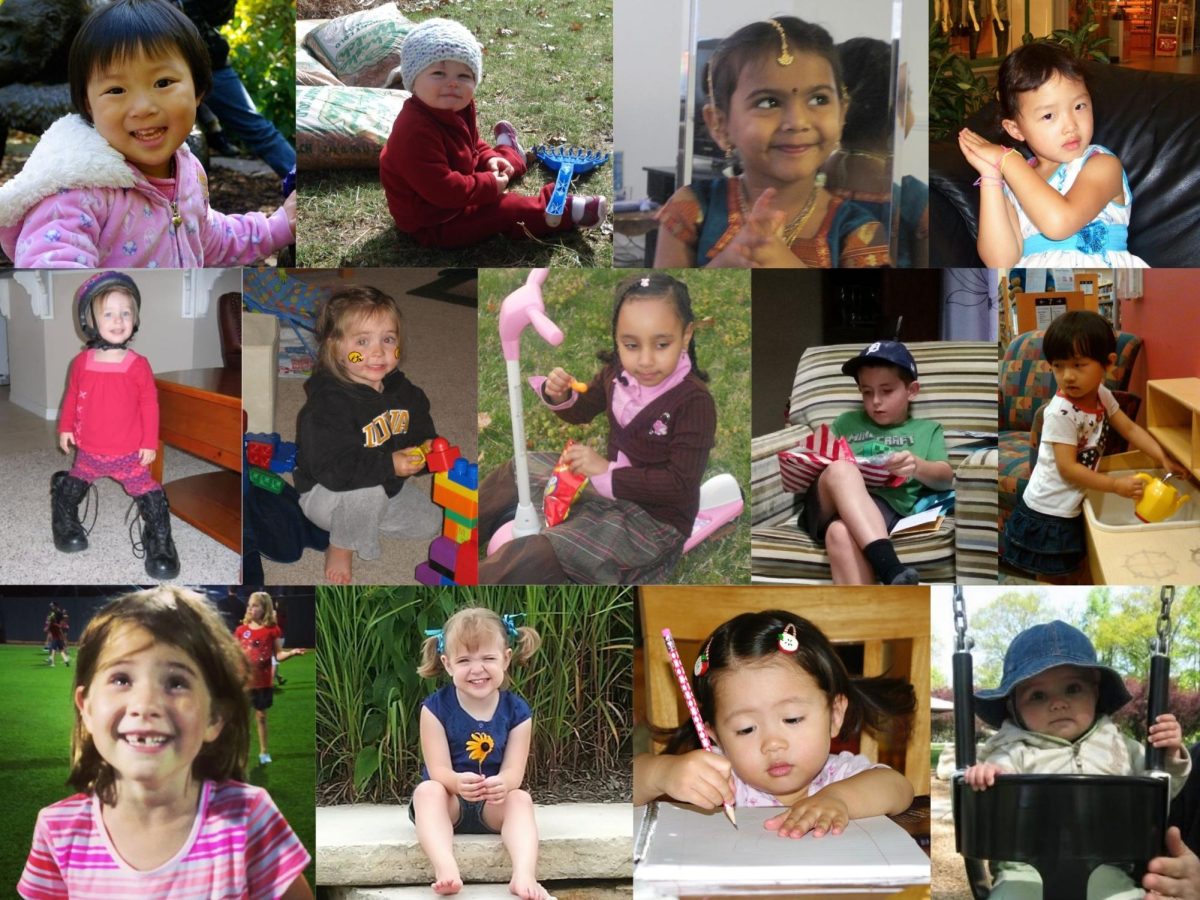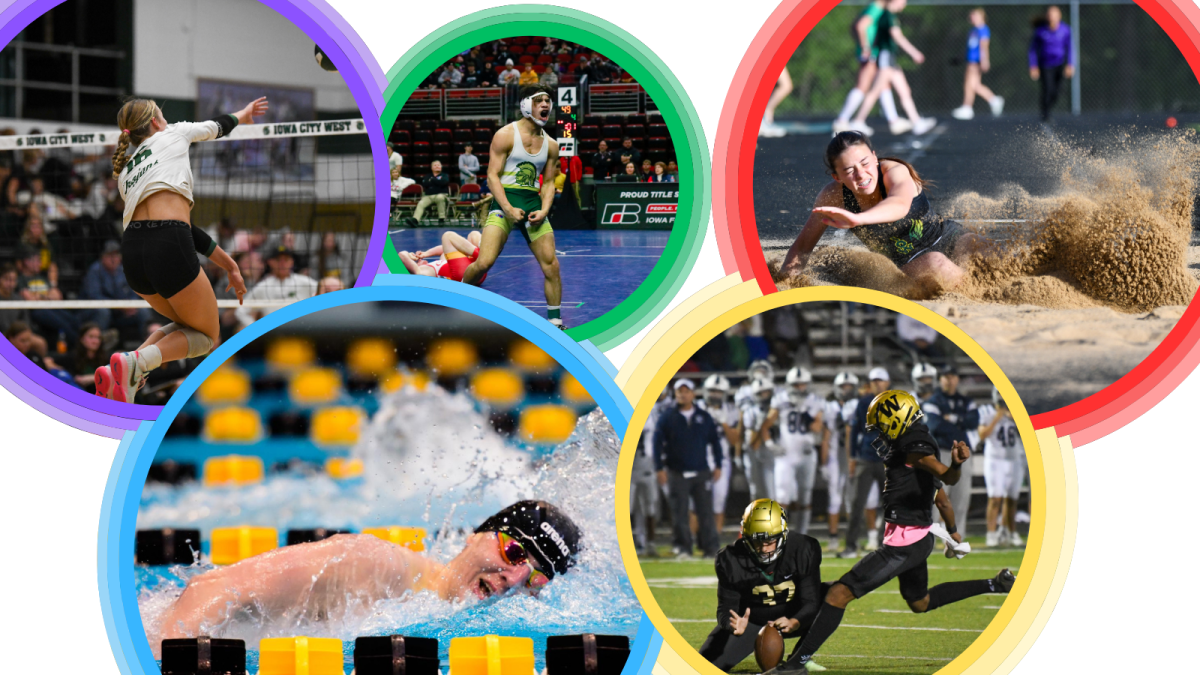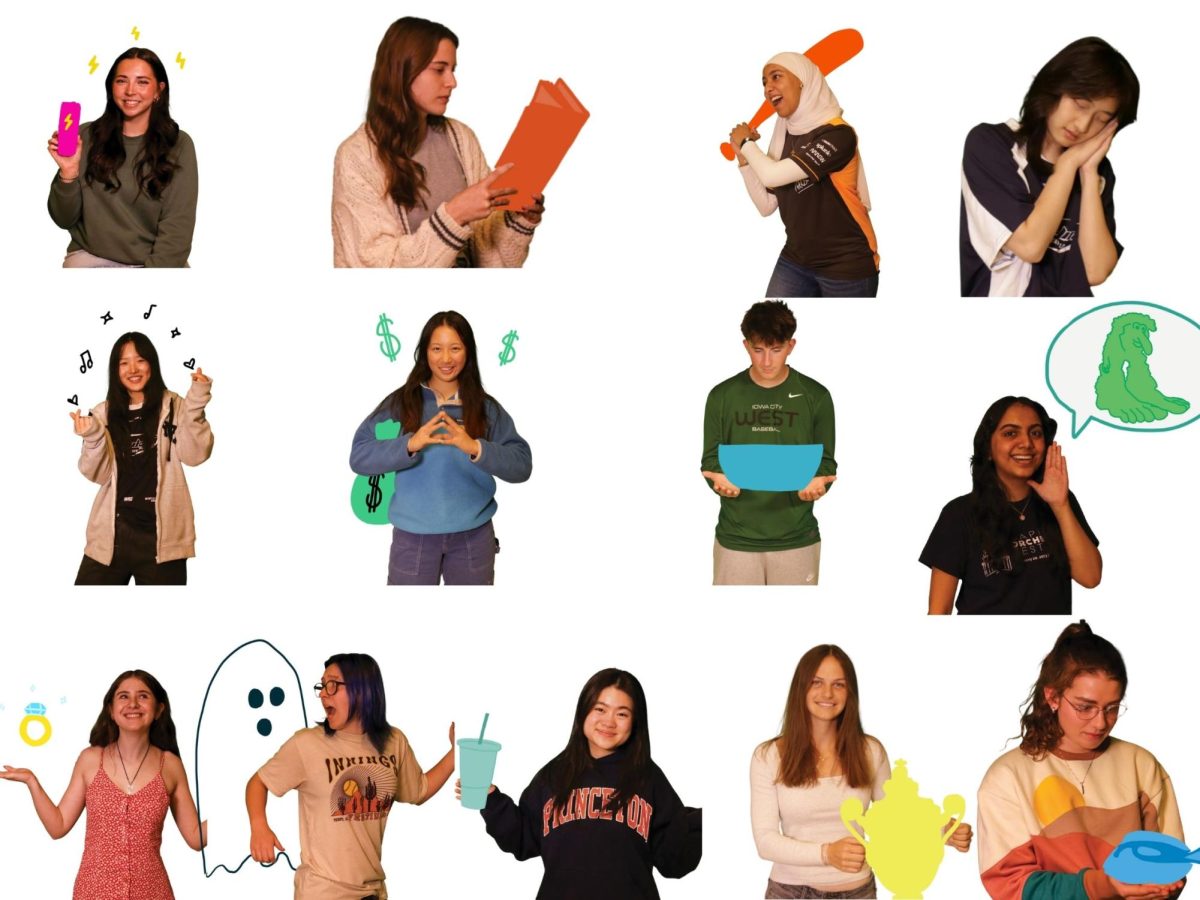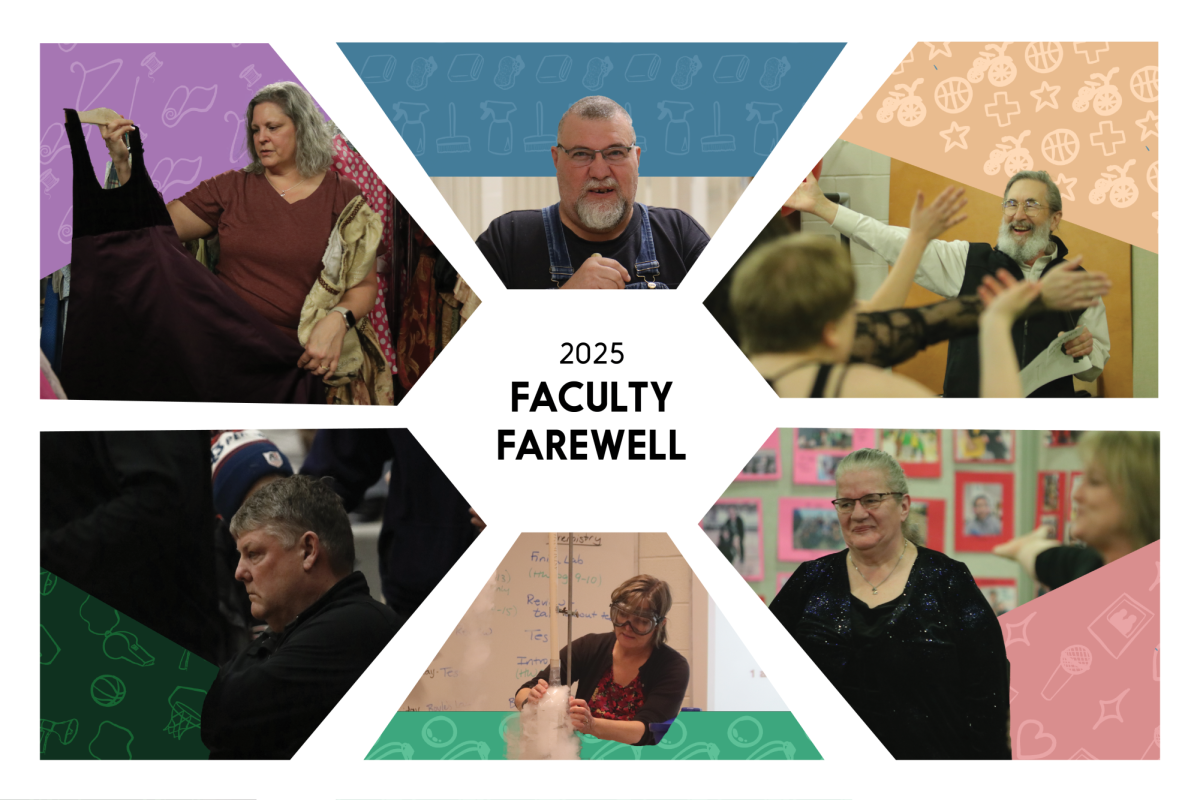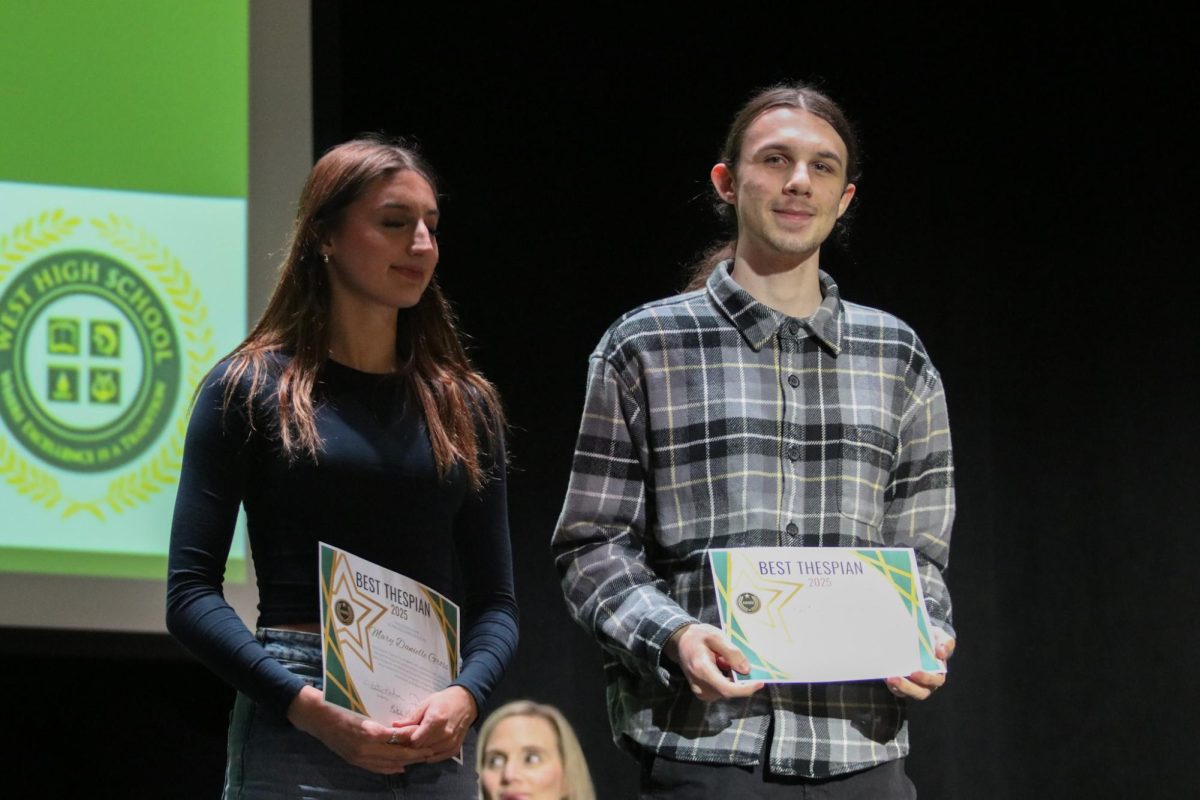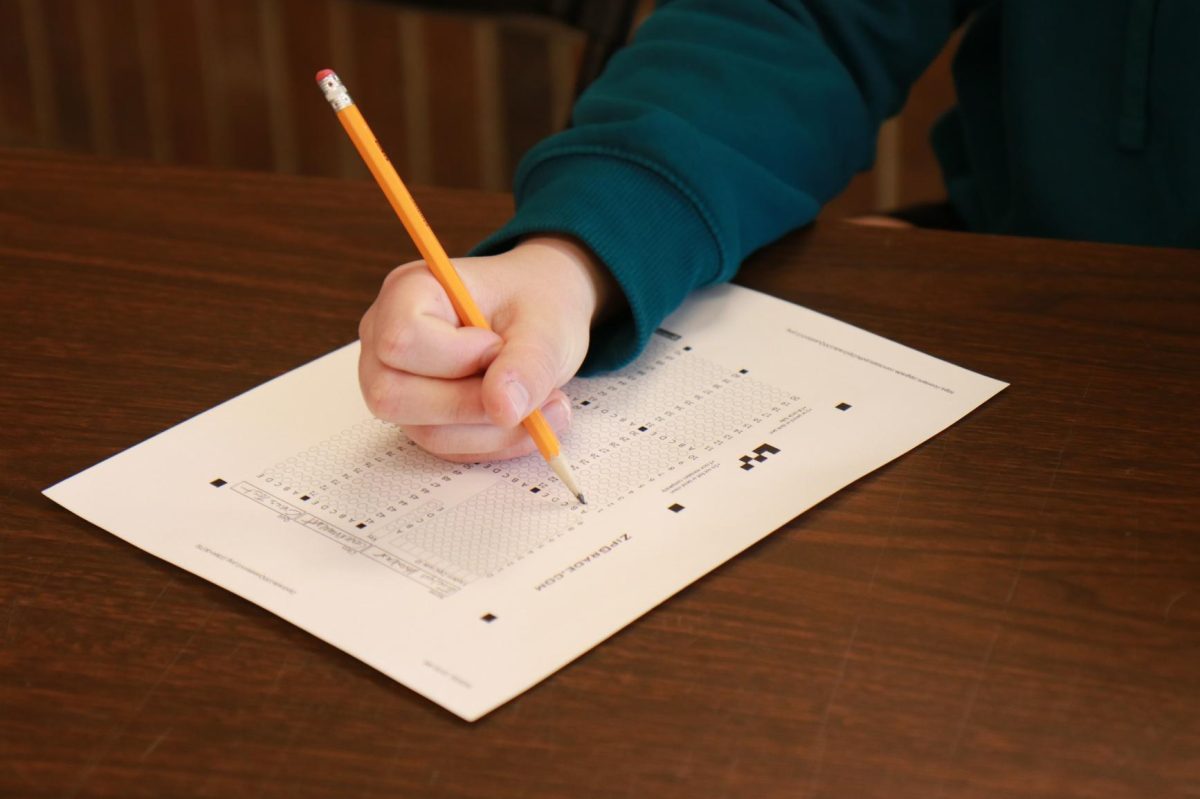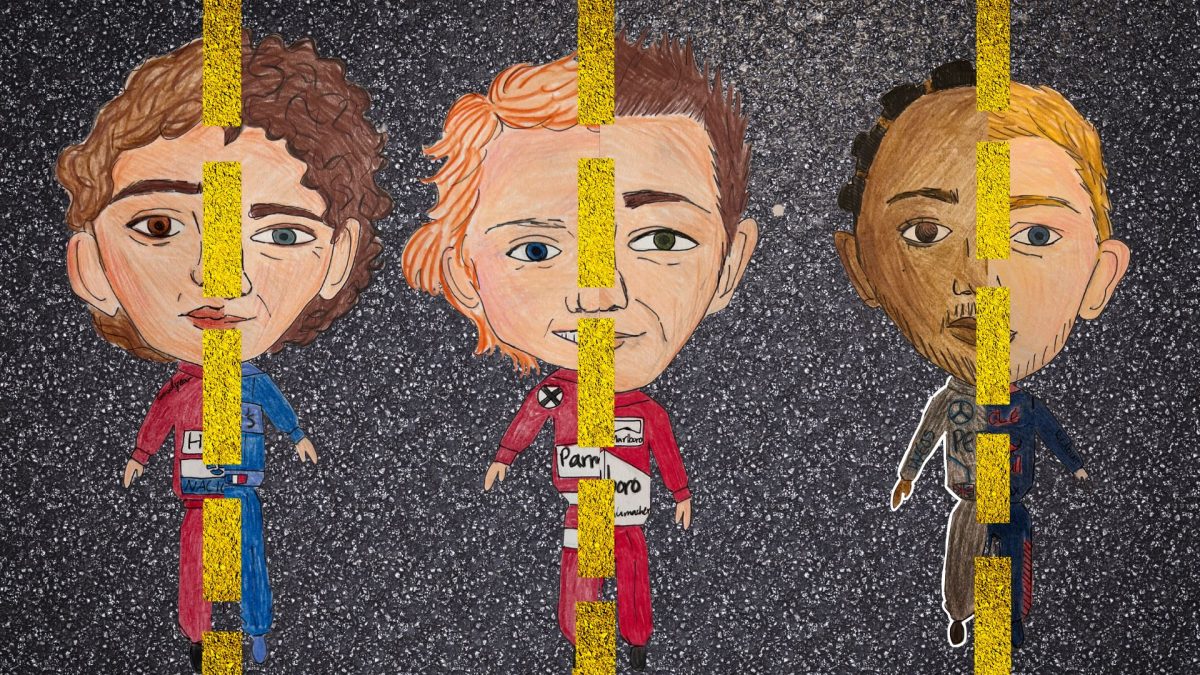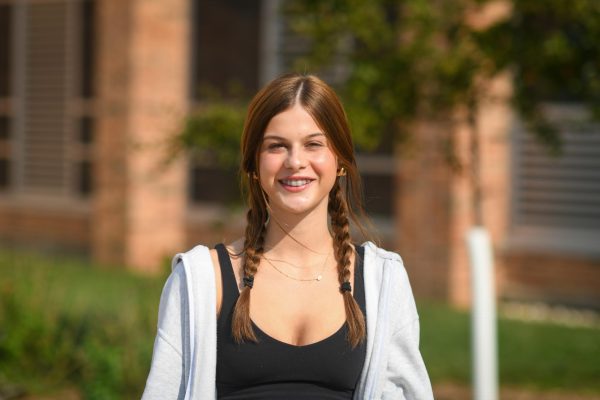This past November, Miss Universe 2023 made history as Sheynnis Palacios became the first Nicaraguan to win the prestigious title. While Miss Universe was initially created to empower women, the pageant has received criticism for a lack of diversity and inclusion. However, the narrative surrounding Miss Universe’s legacy and impact is gradually evolving.
Traditionally, pageantry in the United States has been dominated by two distinct competitions: Miss America and Miss USA. Referred to as a “scholarship pageant,” Miss America emphasizes contestants’ academic achievements, talents and community service. On the other hand, Miss USA, a feeder into the Miss Universe competition, focuses on physical appearance, confidence and stage presence.
Breaking away from these conventional competitions, Aria Warren ’26 participated in the Miss Amazing circuit after a Northwest Junior High paraeducator introduced her to pageantry. Miss Amazing offers an inclusive experience for young women with disabilities, where contestants are not judged on appearance but on their self-expression and talents. Warren highlights how pageantry empowers women by fostering confidence and connecting them to a supportive community.
“Pageants are competitions where you can show off your amazing self by highlighting your talent, community service initiative and spirit,” Warren said. “However, pageants aren’t all about beauty and pretty dresses; they’re designed to help women be strong, powerful leaders and pillars in their communities.”
Miss USA contestants are scored on three main categories: Evening Gown, Interview and Final Question. In addition to these criteria, Miss America and Miss Amazing participants are judged on their talents and Community Service Initiative (CSI).
“Your talent plays a big role; it is showing off what you are most passionate about,” Warren said. “Community service is the most important aspect of pageantry. If you are not giving back to your community with the work that you do, it is truly pointless.”
Ashley Niemiec ’25 was introduced to pageants via her twirling coach, the producer for Miss Iowa. Niemiec’s CSI, Standing Together Against Mental Health Stigma, focuses on advocating for and normalizing mental health issues among elementary schoolers transitioning to middle school. Having spoken to over 400 students, Niemiec’s favorite aspect of pageantry is engaging with the community.
“[Pageantry] has strayed away from its beauty queen stereotypes and really focused on the community aspect. [The judges] are not going to pick someone who we [call] a ‘pageant patty’ — someone who’s just there for the crown,” Neimiec said.
The scoring criteria have changed over the years. In 2018, Miss USA discontinued its swimsuit competition, reserving it solely for the Miss Universe level. In a similar move, the Miss America Organization eliminated its swimsuit competition in 2019, aiming to shift the focus from physical appearance to a contestant’s character instead.
“The swimsuit portion has been changed to a fitness portion in athletic wear. The scoring is not about your body and how it looks [or] the clothes you wear, [but] rather, how you hold yourself while modeling them,” Warren said. “The scoring is more about personality. The key is lots of energy and confidence. However, you can definitely tell that the Miss Iowa pageant circuit still holds conventional beauty standards to some capacity.”
Faced with these standards, Warren notes it can feel as if you aren’t good enough when you don’t look like the winners. However, as their CSI, this leads them to fight harder to raise awareness about gender inclusivity and disability rights.
“Because of the reputation that pageantry holds, people who typically participate in these pageants tend to stick within society’s conventional beauty standards. I have seen much improvement with this already in terms of body positivity, [but] I would also love to see improvement in gender inclusivity. I’ll tackle that once I finish with disability rights,” Warren said. “There are still a lot of unhealthy standards that we, who compete, feel the need to adhere to, like body image, even hair color … I don’t think they really thought about having a titleholder with a disability until I started, and I am so happy I am able to begin that conversation and [am] determined to change people’s minds.”
Melae Lacy ’24 was encouraged by her mom to enter the National American Miss pageant after receiving an anonymous nomination in the mail. Intrigued by the opportunity to step outside her comfort zone, she decided to try it.
“I used to watch a few pageants when I was younger, and I had family members mention that they had been in pageants, and it was really hard. They had to keep their diet up and were stressed about literally every word they’d say,” Lacy said. “But when I went and talked to other girls that have grown up in the pageant industry, they [said the judges] really want to hear what makes you happy, what you want to do in the future, just your personality. I feel like it’s definitely eased up on how strict and how serious it has to be and lets the girls have fun.”
Lacy, Warren and Niemiec believe pageantry has shifted away from traditional beauty stereotypes. Lately, pageants have been well-rounded in inclusivity, with people from all demographics placing in the contest.
“The Miss America system is very open to all different beauty types. We have a bunch of people of different races and different sizes; everybody’s included in our system. The [judges] are actually specifically asked not to judge on that, so everybody has a fair opportunity,” Niemiec said.
Niemiec’s participation in pageantry has increased her self-confidence and community involvement.
“I’ve become very brave since I started pageants and really grown as a person,” Niemiec said. “I’m now more community-involved; I volunteer once a week and do a bunch of community events. I get a bunch of amazing opportunities that I wouldn’t have gotten without pageants.”
Warren hopes to continue competing in Miss Iowa local circuits and their involvement in Miss Amazing through mentoring initiatives.
“I could take over as the head of the Iowa Miss Amazing program when the current people are done [or] with Miss Iowa, I could become a pageant consultant and aid those going through the process. I could also even start and run my own local pageant that would then feed into the Miss Iowa pageant in the future,” Warren said. “All I know is that I will never stop being involved in pageants; I think they are amazing and can bring so many opportunities and experiences to the participants.”
While Lacy acknowledges she wouldn’t compete in pageantry again due to heavy makeup and intense judging, she believes the experience was worth it due to the memories she’s made and the confidence she’s obtained.
“I didn’t have the best confidence before, but after seeing that I could definitely do things that weren’t sports-related: talk to people, put on a dress, feel confident and feel pretty — it was definitely something that I am glad I did and I learned from,” Lacy said.
Warren highlights the inclusivity and meaningful opportunities that participating in pageantry offers to all.
“Pageantry has taught me how to carry myself onstage in the face of pressure [and] how to showcase myself in a way that I am proud of. It has taught me the importance [of] sisterhood and friendship … [Pageantry] gives you incredible experiences of meeting the other girls you’re competing with … [it] is a community,” Warren said. “I recommend pageantry to anyone who enjoys being in the spotlight, performing and competing. It’s never too late to start your pageant journey. Just go for it and be confident in yourself — you got this.”





